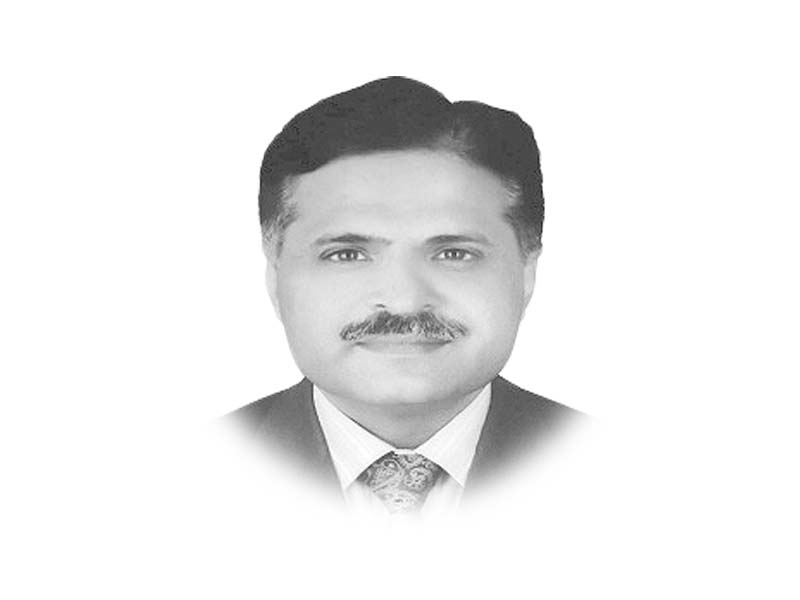
The Pakistan programme now has all the ingredients required to finish the job. Firstly, the country has concerned and well-informed parents who accept vaccines each time they are offered and know that this is the only way to fully protect their children from permanent paralysis. Secondly, Pakistan has a dedicated network of frontline health workers who enjoy the acceptance and trust of their communities. These workers are supported by an informed and supportive medical fraternity, civil society, religious leadership and media. Crucially, there now exists an enabling security architecture that supports access to practically all children in the country and ensures safety for frontline workers.
All those now contributing to polio eradication are supported by a dedicated network of emergency operation centres at national and provincial levels with partners implementing a ‘one team’ approach and bringing together a diverse range of national and international agencies, ranging from the National Laboratory and Survey of Pakistan to the Pakistan Telecommunication Authority, in support of this national priority. None of the gains we have made would have been possible without the committed political leadership shown by the federal and provincial governments as set out and reinforced in the National Emergency Action Plan.
As a result of these coordinated efforts, it is the virus that is now under severe pressure. It is cornered in three remaining sanctuaries — the Khyber-Peshawar corridor, Karachi and Quetta. But we have been here before — three times in the past 10 years — and did not finish the job fully. Each time, the virus survived because it found sufficient pockets of under-immunised children. To finally finish off the virus now, we must sustain our gains. We must not allow these sanctuaries to sustain polio transmission across Pakistan and beyond. We must remain nimble in our approach and utilise all the energy and tools at our disposal and resolve to beat the virus once and for all. We must further enhance our performance in the remaining sanctuaries. Success lies in our ability to remain focused on our strategy while being flexible enough to make changes when needed at the local level in support of parents seeking vaccination of their children and the vaccinators who deliver at their doorsteps.
The programme has a good track record of reaching and vaccinating every child once included in the local plan. Recent initiatives have identified tens of thousands of children previously not included in local plans. Tracking and then vaccinating each and every one of the estimated one million under-immunised (or persistently missed children) is essential. Each campaign boils down to the critical contact between a parent and a vaccinator on the doorstep: each completed vaccination represents success for both the parent and the vaccinator. Strengthening the recruitment, retention, capacity and supervision of appropriate community-accepted vaccinators to maximise the chances of success is central to the polio eradication effort.
At the federal and provincial levels, we have seen exemplary political commitment and administrative support to solve operational problems and remove obstacles. We applaud similar leadership at district and union council levels, but we must apply this same mindset everywhere. Whilst we do not underestimate the remaining challenges, we must not be diverted from our goal to finish off polio.
Published in The Express Tribune, November 20th, 2015.
Like Opinion & Editorial on Facebook, follow @ETOpEd on Twitter to receive all updates on all our daily pieces.













COMMENTS (3)
Comments are moderated and generally will be posted if they are on-topic and not abusive.
For more information, please see our Comments FAQ